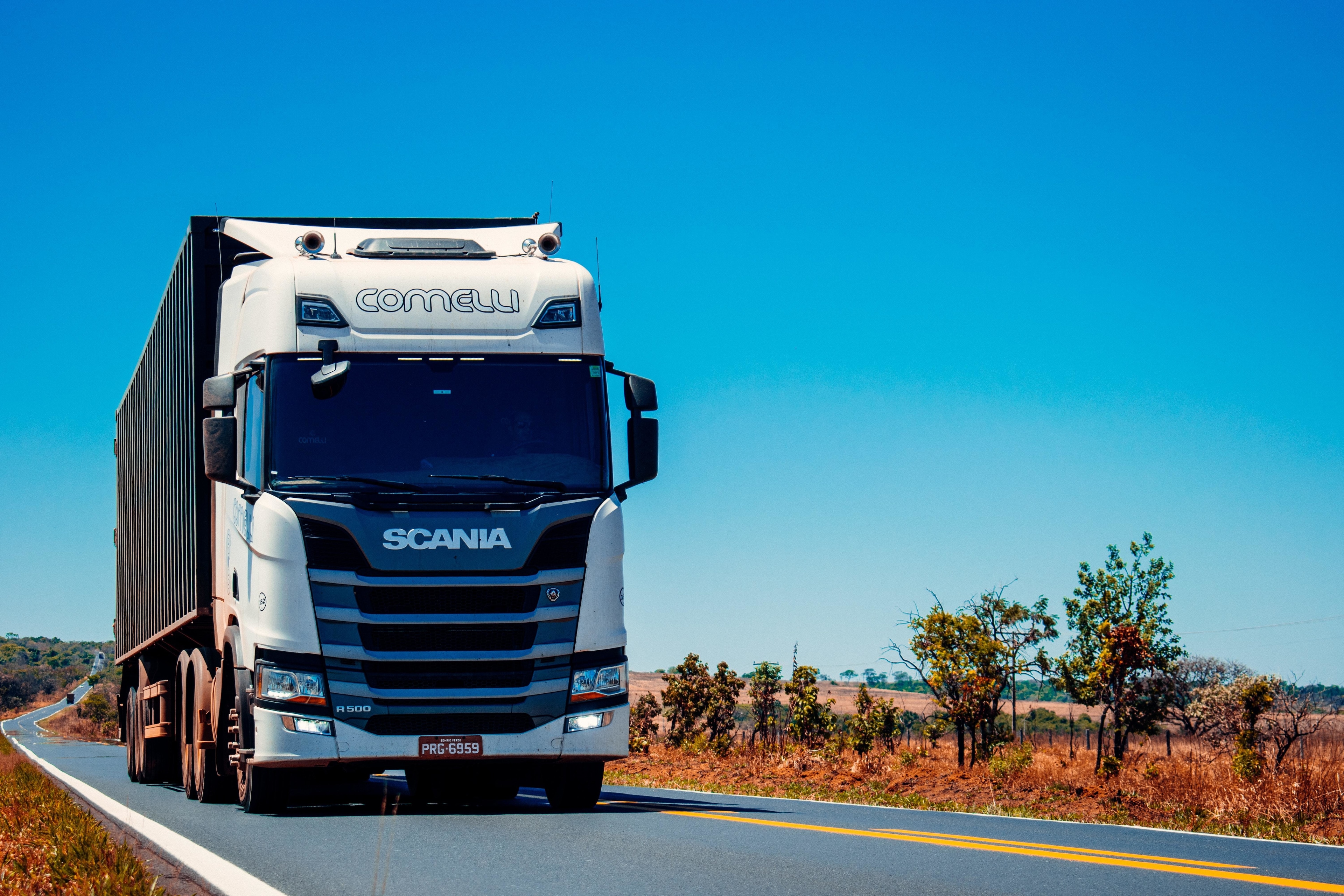
Shipping is targeting zero emissions. Here’s how an industry coalition plans to help
Decarbonizing shipping is no easy feat. Here's how this coalition of companies, including some of the world's biggest, is taking on the tough challenge.

Decarbonizing shipping is no easy feat. Here's how this coalition of companies, including some of the world's biggest, is taking on the tough challenge.

Only with investment in transformative zero-carbon technologies can we decarbonize the hardest-to-abate industrial sectors like concretee. Here's how.

As demand for aluminium sets to increase, reaching the ambitious targets to decarbonize aluminium can be achieved by using technologies, in conjunction.

Global shipping uses polluting bunker fuel. First movers are sending demand signals by purchasing dual-fuel container ships, but more action is needed.
The First Movers Coalition is driving low-carbon technology development in heavy industry and long-distance transport sectors.
With clean hydrogen unlikely to be commercially viable until the mid-2030s, the airline industry is pinning its hopes on sustainable aviation fuels (SAF).
In Europe, road freight generates 15 percent of all the continent’s CO2 emissions. Most of this comes from medium- and heavy-duty trucking.
The world needs more than to cut emissions — we need to start removing carbon from the atmosphere. To make decarbonization a reality, we need to unlock new technology.
Steel accounts for 8% of global carbon emissions. Here's how some key players in the trucking industry are decarbonizing their vehicles using green steel.




